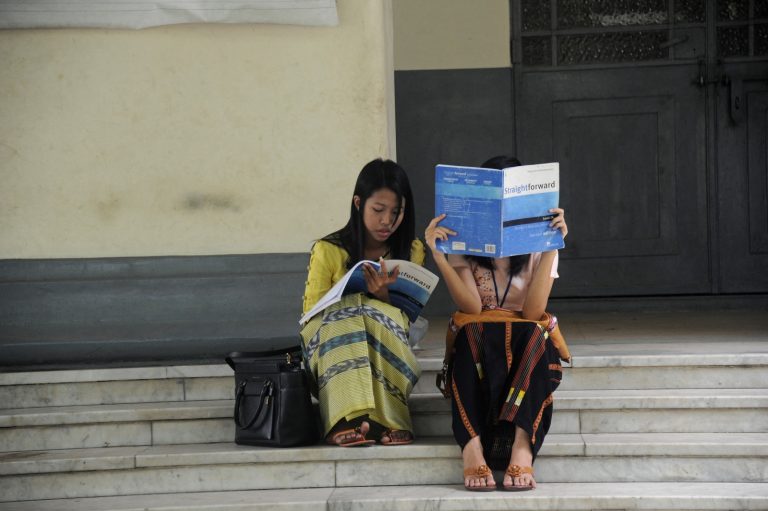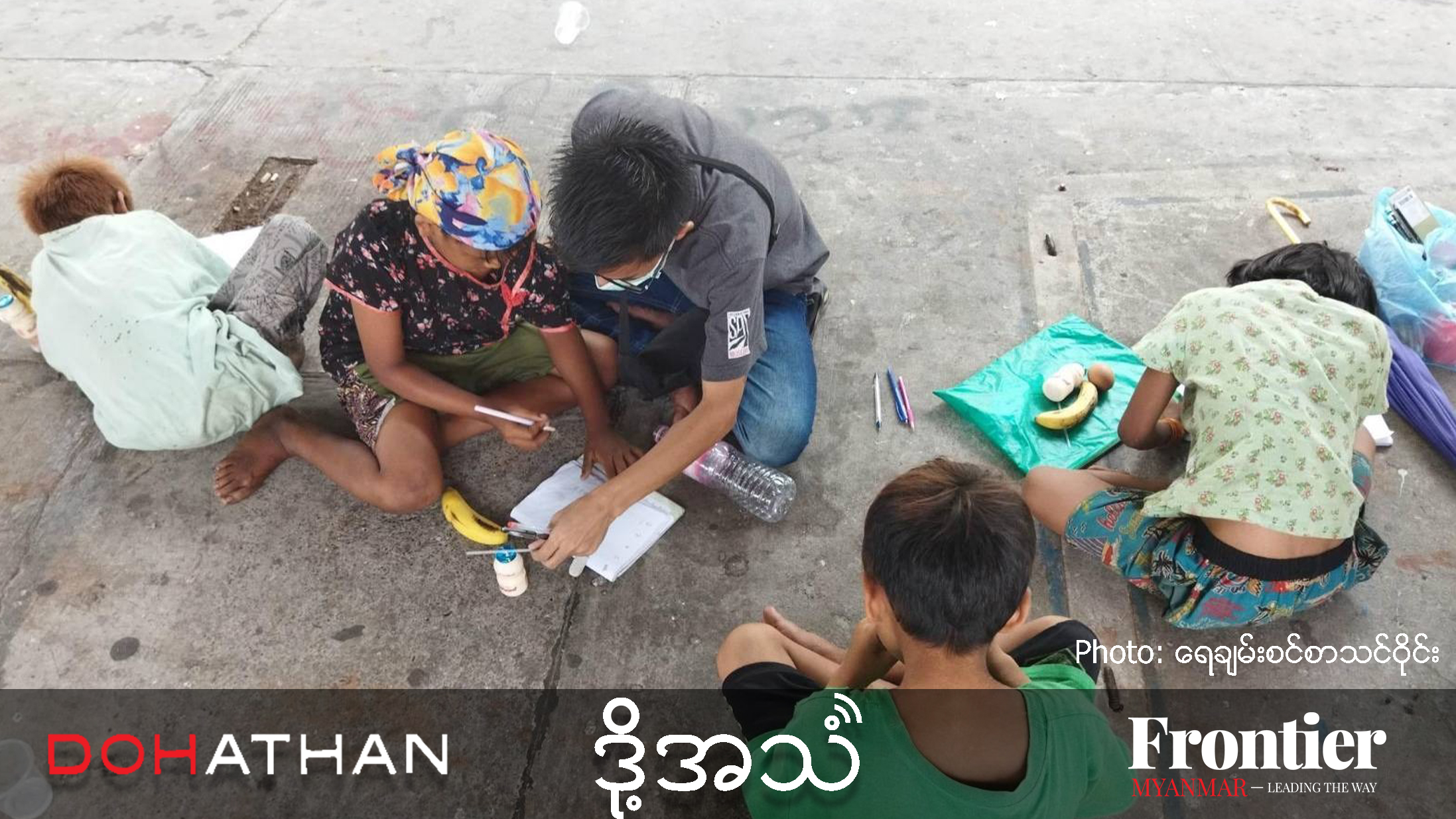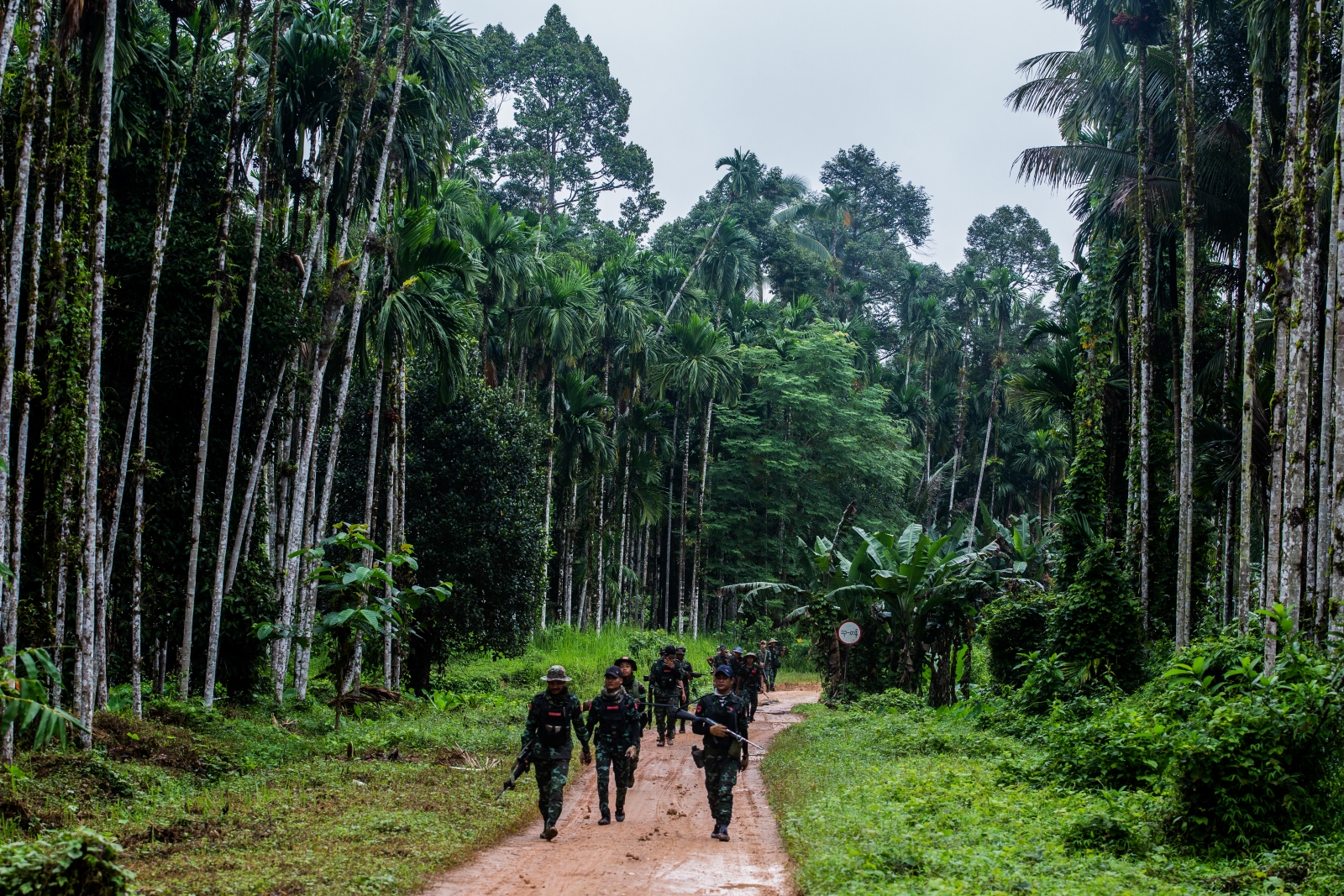While often the military’s version of Myanmar’s history was laughable, in other cases it has been widely absorbed.
YOU MAY have already noticed, but here at Frontier we love a good yarn. It shouldn’t surprise, then, that we also love exploring this country’s history, as so much of it remains untold, particularly in the English language. In this issue, we look at the stories – both fanciful and factual – that emanate from the murky waters of Inya Lake.
In recent months we’ve taken a few other trips down memory lane, from President U Htin Kyaw and Myanmar’s first computer to the drafting of the 2008 constitution and a Red Flag Communist massacre in remote Magway Region.
But we believe that telling the past has value above and beyond entertainment. It can help us understand who we are and where we’ve come from. It can help us avoid repeating mistakes. And it can help us build a better future.
Unfortunately, when it comes to history, governments in Myanmar have tended to follow the George Orwell script: He who controls the past controls the future, he who controls the present controls the past.
As a result, only one version of events – the one officially sanctioned by the military, often churned out by its propaganda machine – could be taught. While often the military’s version of events was laughable, in other cases it has been widely absorbed.
Support more independent journalism like this. Sign up to be a Frontier member.
This creates problems today – consider, for example, how relations between ethnic groups (not to mention concepts of ethnicity) are affected by the messages children are taught in school history books.
In August, education anthropologist Rosalie Metro wrote in our pages that her research had found that the current history curriculum actually contributed to ethnic conflict, by promoting a narrow form of patriotism.
Noting that Yangon University would have no history majors in this year’s student intake, she called for a dramatic rethinking of how history is taught.
Recently, the National League for Democracy government announced the formation of a committee to re-examine the historical record and come up with a more accurate version of events.
According to the Myanmar Times, 16 members of the Myanmar Historical Commission have been given a month to write a report and submit it to parliament. Minister for Culture Thura U Aung Ko said previous governments used history to burnish their own record.
“The official account failed to reflect the true hopes and feelings of the people that shaped their lives. We must avoid making the same mistakes,” he was quoted as saying.
This stated commitment to accuracy is commendable, but is fraught with risk. Indeed, one of the “mistakes” that should be learned is about the study and teaching of history itself. This latest exercise should not simply create a new official record that excludes viewpoints deemed undesirable by the government of the day, or commission members.
Consider how a body of historians based in Yangon, working from government documents, would likely come up with a different version of the history of ethnic conflict than a researcher based at Laiza or Law Khee Lar. Similarly, a former political prisoner is going to have a different recollection of military rule than a former Tatmadaw officer (or, as in the case of Aung Ko, a Tatmadaw officer turned Union Solidarity and Development Party MP turned NLD government member).
And that’s fine. Competing versions of history are not to be feared: in a healthy academic and political environment, they should be actively encouraged. It’s then up to us all to consider the different viewpoints and arrive at our own conclusions as to what constitutes the truth. As journalists, we know as well as anyone the importance of considering numerous versions of a single event.
Where the historical commission could play a valuable role is in promoting debate about historical events and improving access to primary source documents, particularly government records.
Whether that happens remains to be seen. But we hope that our own articles on Myanmar’s rich history prompt debate and, in some small way, contribute to a better future – one that learns from and avoids the mistakes of the past.






